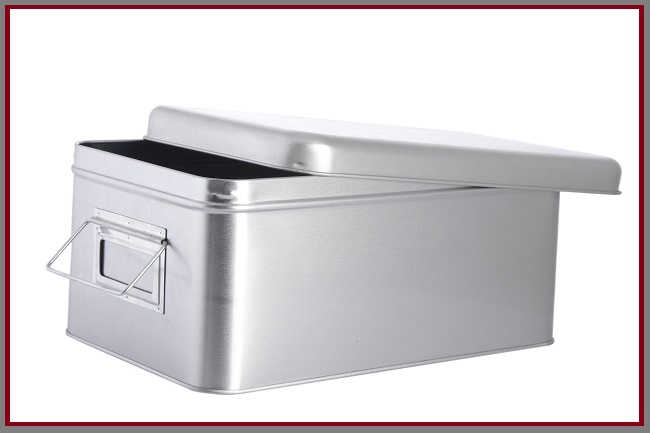 A Free Proxy Servers is a computer that sits between a web browser (client application) and a real server (Middleman between your browser and an end server). The Proxy provides the resources from a cache or by connecting to the specified server. It may also alter the server’s response for various purposes. The important application Free Proxy Servers depend upon is a caching Web proxy means it provides a nearby cache of Web files and web pages available on remote Web servers, making easy for local network clients to access them more quickly. When it receives a request it directly look into local cache and if the document is found in the local cache it is connected immediately, otherwise it fetches from the real server and saves a copy in the cache.
A Free Proxy Servers is a computer that sits between a web browser (client application) and a real server (Middleman between your browser and an end server). The Proxy provides the resources from a cache or by connecting to the specified server. It may also alter the server’s response for various purposes. The important application Free Proxy Servers depend upon is a caching Web proxy means it provides a nearby cache of Web files and web pages available on remote Web servers, making easy for local network clients to access them more quickly. When it receives a request it directly look into local cache and if the document is found in the local cache it is connected immediately, otherwise it fetches from the real server and saves a copy in the cache.
Coding and algorithm behind the proxy servers
Proxies also filter the content of web pages before they reach your computer. A company might use a proxy server to prevent its employees to get access to a specific set of web pages. Proxy servers improve the performance for companies having hundreds, or thousands of employees since it saves the results of all requests for a certain amount of time. Cache is based on an expiry algorithm to remove documents from the cache according to file size, history. Most common used cache algorithms are Least Recently Used (LRU) and Least Frequently Used (LFU). Least Recently Used (LRU) removes the least-recently used files from Cache, and Least Frequently Used (LFU) removes the least-frequently used files or documents from the cache. A proxy server is used to facilitate administrative control, security or among other purposes.
Comments are closed



